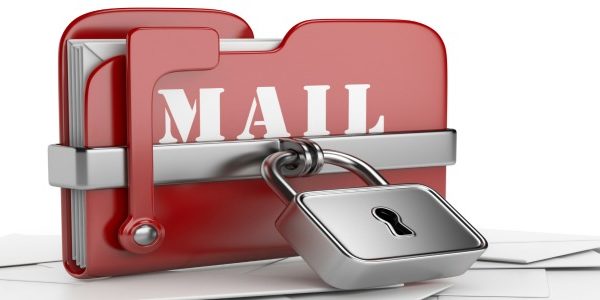
We are all familiar with the numerous data breaches that have taken place, those along with hacking and other malicious activity leads to identity and financial theft.
Maintaining security and privacy in all online activities, including email, has become increasingly important for internet users.
Take steps to secure your email and protect your sensitive information.
Password Safety
Choose a secure password, the password should include as many characters as the email provider allows, use a combination of upper- and lower-case letters, numbers and special characters and make it completely nonsensical. Never use personal information such as part of your name, address, birthday, or other identifiable information as a password and use a unique password for every site. Use a password manager to securely save your passwords and other confidential information. You can use the password manager to automatically generate a unique, strong password for each of your accounts. Don’t share passwords with others.
Use two or multifactor authentication for every account that offers it. This adds an additional layer of security to your email.
Safety Tips
Pay close attention to each message you receive. Email is a prime target for cybercriminals trying to steal personal information.
Be suspicious of any email that you are not expecting.
If you receive an email from someone you don’t know, practice caution. If it seems out of place or suspicious delete it without opening it.
Is the message from a trustworthy source? Even if an email looks like it is coming from someone you know be sure it truly is, criminals can spoof email addresses or change them slightly to look like they are coming from someone you know.
Be cautious with attachments and links. Don’t open any attachments or click on links that seem suspicious. Hover your mouse over links before you click on them to see if the URL looks legitimate, better yet, instead of clicking on links, open your browser and manually type the address. If in doubt, contact the sender by phone to verify the legitimacy of the information.
Never respond to an email that requests personal information, seems threatening, requests payment information, includes an invoice for items you did not purchase, contains delivery notifications for packages you are not expecting, or anything else that seems unusual.
Don’t share personal or sensitive information in an email message, anything you send can potentially be intercepted or stolen. When you send an email, you don’t know how many networks or servers the message will pass through on its way to the recipient, or who has access to them. In addition, emails on your device may be accessible to others.
Think twice before sharing your email address with others. Don’t post your address online or use it to sign up for anything unimportant. Keep your personal email private. If you do need to share your email, consider using a secondary, disposable address for those purposes.
Additionally, many people manage their finances online. This includes banking, paying bills, and shopping. If your bank account is connected to your email, and a hacker accesses your email, they now have access to your bank information, which could lead to fraud or identity theft. If you use one email account for your sensitive information and another for less important correspondence, you add an extra layer of protection to your private data.
Nothing you do online is 100% secure but by practicing caution and taking steps to secure your accounts you can lessen the risk of your data being compromised.
